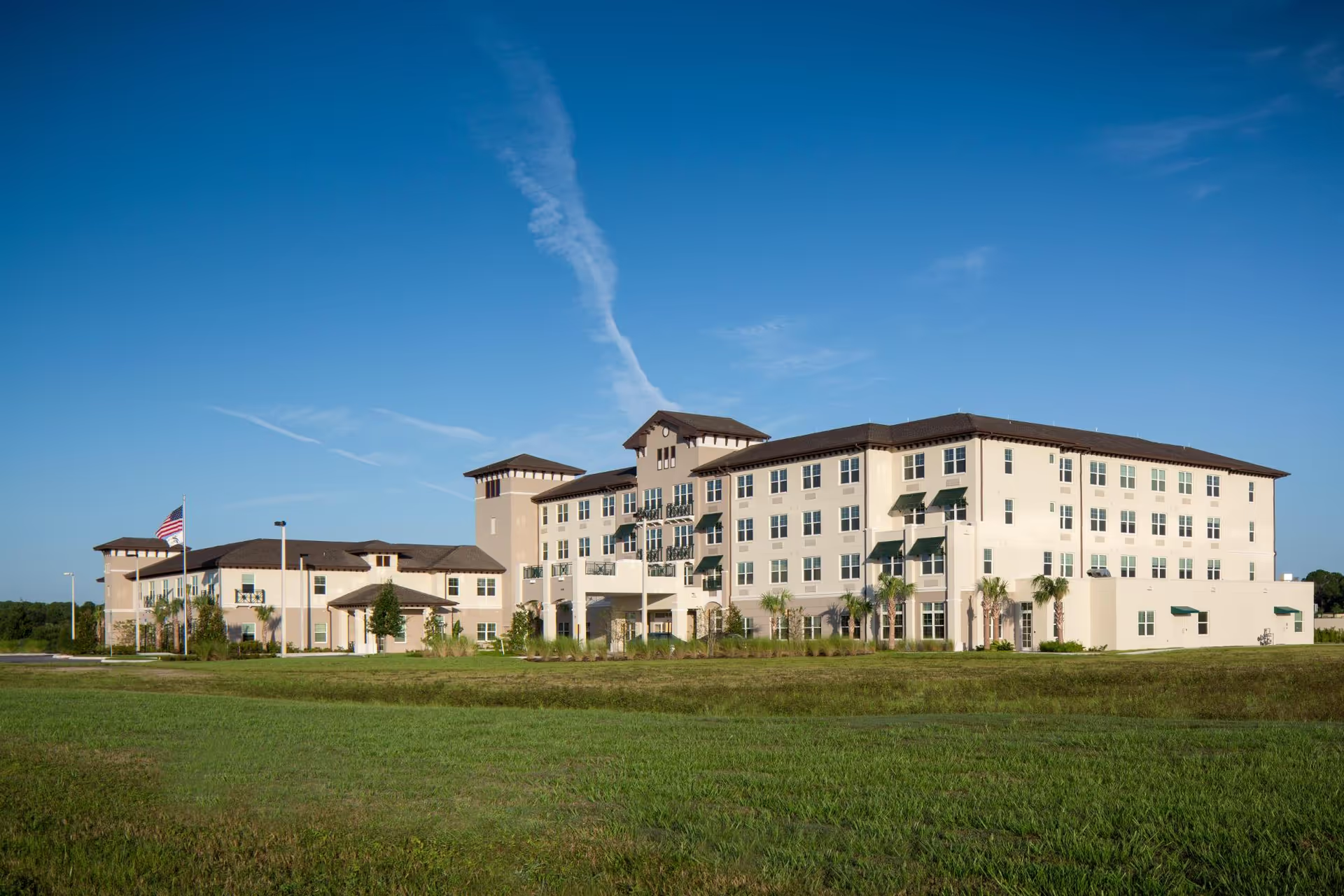Overall impression: The collected reviews present a highly mixed but predominantly concerning picture of Christian City Skilled Nursing and Rehabilitation Center. Across many accounts there are strong, consistent commendations for the facility's rehabilitation services and for pockets of very compassionate, competent staff and managers. However, those positives coexist with numerous and repeated reports of systemic problems—most notably chronic understaffing, poor communication, sanitation and safety failures, and medication-management lapses. The result is a facility where individual experiences vary widely depending on unit, shift, and caregiver, and where urgent issues (staffing, meds, safety) recur often enough to be a major pattern rather than isolated incidents.
Care quality and clinical concerns: Clinical care reviews are sharply divided. On one hand, many reviewers praise skilled therapists and on-site rehab/physical therapy that helped patients recover after hospital stays, and some families reported excellent coordination of care and a smooth transition home. On the other hand, numerous reports describe delayed or withheld medications (including pain meds and methadone), abrupt stoppage of meds causing withdrawal or altered mental status, difficulty obtaining oxygen or timely testing, and failures to provide vital records or discharge paperwork. There are multiple serious safety reports: falls with injuries (broken hip/pelvic bones), the development of bedsores, slow or absent emergency response, and at least one alleged death tied in reviewers' accounts to delayed assistance. Several reviews also cite an absence of an on-staff or on-call physician, forcing families to call 911. These clinical-safety failures are frequently attributed by reviewers to staffing shortages.
Staffing, professionalism, and management: Staffing is the single most common theme driving negative reviews. Many accounts describe heavy short-staffing at nights and weekends, leaving residents waiting long hours for help, nights with no nurse coverage, and severely reduced therapy and activity availability on weekends. Staff behavior and competence are inconsistent: some staff, CNAs, nurses, and managers are repeatedly described as compassionate, professional, and attentive (with specific praise for a few named individuals and certain floors), while other accounts portray staff as uncaring, rude, poorly trained (especially for aggressive dementia behaviors), or even incompetent (e.g., leaving IV bags empty, throwing medication). Reviewers frequently characterize management as unconcerned or unresponsive to complaints, and they report staff speaking negatively about the facility. There are also reports suggesting funding constraints impact staffing levels.
Facilities, cleanliness, and environment: Physical impressions are mixed. Several reviewers noted a nice exterior, courtyard, gym, and updated fixtures in parts of the building. Conversely, many reports describe poor cleanliness and maintenance: peeling wallpaper, mold smells from vents, roach sightings, unsanitary bathrooms (including feces or urine odors), and dirty rooms with previous patients' belongings left behind. Rooming arrangements (two-to-four person rooms) and beat-up furniture were mentioned as problematic. These sanitation and upkeep issues directly tie into the safety and dignity concerns shared by numerous families.
Dining and amenities: Dining reviews are also polarized. Some families praised the meals, activity programming, and the presence of amenities like a TV room, activities, and walking trails. Others consistently complained that the food is too salty for hypertensive residents or too sweet for diabetics, that meals are inconsistently prepared, and that outside deliveries or DoorDash orders are left in the lobby and arrive cold. Kitchen staff are sometimes described as accommodating, but execution is reported as poor in several cases.
Dementia/memory-care and activities: A subset of reviews singled out the Alzheimer’s/memory-care floor as a strong point—described as excellent, with appropriate activities and social spaces—while other reviewers warned that dementia patients were unsafe on certain units due to lack of bed alarms, inadequate nighttime advocacy, and staff untrained for aggressive behaviors. Activities and social programming are present and enjoyed in some units, but therapy and activity availability reportedly drop off significantly on weekends.
Communication, billing, and administration: Communication problems recur: voicemail-only phone responses, unanswered calls, difficulty obtaining final itemized bills, missing or delayed discharge paperwork, and poor transparency around incidents. Some families reported getting no paperwork at hospital transfer. These administrative failures amplify clinical and safety worries and undermine trust. A few reviewers, however, described timely responses from administration and praised planning meetings and the clarity of care plans.
Patterns and reliability: The dominant pattern is inconsistency. Positive reports often reference specific floors, shifts, or individual staff members, while negative reports are more generalized and frequent—especially around weekends and nights. The scope of negative reports (medication errors/delays, hygiene neglect, safety incidents, infection-control concerns, and poor emergency response) suggests systemic problems linked to staffing and oversight rather than isolated incidents. Some reviewers explicitly attribute shortcomings to funding or staffing shortages.
Bottom line and practical takeaways: If you are considering Christian City Skilled Nursing and Rehabilitation Center, the reviews indicate potential strengths for short-term, therapy-focused stays when experienced therapists and weekday nursing are available. However, families should be cautious about longer-term placement—especially for high-dependency and dementia care—unless they confirm consistent staffing, on-call physician coverage, effective medication management, and reliable safety measures (bed alarms, night advocacy). Specific precautions recommended by patterns in the reviews: verify weekend and night nurse coverage before admission, confirm medication administration procedures and pain-management policies, ask about infection-control practices and recent pest or mold remediation, inspect the specific unit/room for cleanliness and recent maintenance, confirm how call-button systems are maintained, and ensure a clear plan for communication, billing, and discharge paperwork. The mix of glowing and dire accounts means outcomes appear to depend heavily on timing, unit, and individual staff; families should monitor closely and advocate proactively if choosing this facility.







